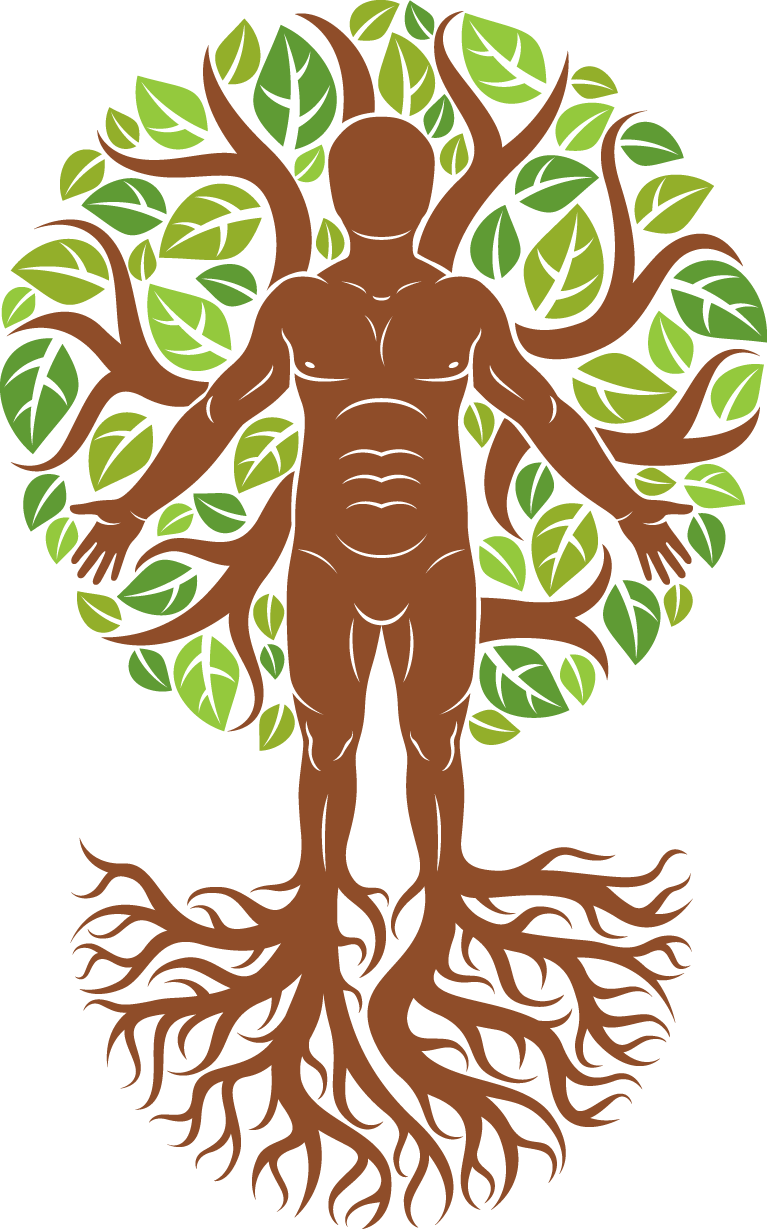
CONNECTING WITH ECOLOGICAL INTELLIGENCE
Coming Back to Presence with the Living Earth
Ecological Intelligence
Thinking and working with plants and ecological intelligence to transform our understanding of human-nonhuman relationship as we remember our essential bond with the Living Earth.
In addition to the above you will find a bit of information about wildcrafting, medicine making, and working with medicinal plants.
It's in Your Hands
Time or its apprehension is ever at hand, and though we are often encouraged to be present in the moment, to be here now—don’t live in the past; forget about it; it's water under the bridge—is it not true that our personal and ancestral memories comprise a not insignificant portion of who we are in this moment here now?
Can Healing Your Sexual Abuse Help Save the World?
After many years of intensive work with plants in various contexts to untangle my lifelong reactions to the sexual abuse I experienced as a child, I now have the capacity and welcome opportunities to directly experience feelings such as these.
I now understand that in its wake, resistance to feelings leaves nothing but gaping trenches of hopelessly helpless experiential and perceptual narrowing and that adopting postures such as these, however necessary in the moment, completely precludes any possibility of effective response to harm.
Is it any wonder that the ecological catastrophes occurring now across the globe evoke in me the same reactions and equal feelings of terror?
Review of The Great Work: Our Way into the Future
Thomas Berry’s final book is even more relevant today than when it was published at the turn of the century. Throughout this ecological manifesto Berry calls for radical changes to the way humans relate to the Earth and to all of her inhabitants. In the initial paragraph of the introduction he makes the book’s intention clear: “We need to understand where we are and how we got here. Once we are clear on these issues we can move forward with our historical destiny, to create a mutually enhancing mode of human dwelling on the planet Earth.”
Ecosystemic Responses and our Relationships with Transformation: A New Year Blessing
Feelings of loneliness commonly arrive during this dark time of the Northern Hemisphere year. Even when gathering with people we love we may feel separate—how do we authentically offer and receive gifts given to celebrate festivals of accumulation? Perhaps we are unable to share ourselves as we are, and we choose to isolate ourselves. If there aren't people with whom we can truly share and receive gifts, who are we?
Wildcrafting in a Warming World: Towards Regenerative Practices for Life in the Anthropocene
How are rising temperatures, extended periods of drought, erratic seasonal transitions, and other factors of the Earth's changing climate impacting wild plant communities and the ecosystems in which they/we live? How will we adapt our harvesting practices to reflect this new reality? As we bear witness to the increasingly evident human-caused planetary crises spurred on by techno-industrial civilization, is it enough to simply alter the way we assess and plan for the long-term health and vitality of ecosystems from which we harvest wild plants, or might we simultaneously practice wildcrafting as a way of transforming the fundamental ways we conceive of and interact with wild nature and the community of all life?
Water-like Modes of Animistic Inquiry
Do we truly produce knowledge, or do we participate within communities of sentience and ecologies of selves, human and other-than-human, in openings to knowledge? If this is so, how will this recognition influence the types and qualities of knowledge to which we will have access as we navigate these turbulent times?
The Clock-time Regime
The Clock-Time Regime
The unceasing extraction of profit
from any possible corner of life
so clearly does not align
with the way the universe works.
Even from the perspective
of someone guided
by a mechanistic,
solely rational
view of the world
it shouldn’t make much sense.
There is only so much
we can take
without reciprocation
before everything is gone.
Embodied Presence: Listening to the Voices of the Earth
Recently a friend and I were talking about the global situation. He told me that it is really challenging for him to stay present with the pain and intensity of it all. I didn't reply but just sat in that feeling with him until he said, “I guess that's what got us into this mess, isn't it?” I smiled. “Yep, the turning away is what got us here. The thinking that it is possible to turn away, that we are somehow able to remove ourselves from the equation.”
In efforts to distance ourselves from the pain and suffering of the world, we create ever-more elaborate methods of distraction, content to direct our awareness towards anything except that which is most demanding our attention. As the modern industrial machine continues to insatiably devour the world’s forests and devastate the ecological integrity of our planetary life systems, so many of us remain deaf to the cries of our human and nonhuman kin. What can we do to reestablish open, receptive, and mutually enlivening channels of communication?
Relationships of Loving Reciprocity
If we are to have any chance of interacting with the land in generative ways, we as herbalists and people who work with plant medicines need to intimately engage with the ecologies from which we wildcraft medicinal plants. We need to thoroughly inhabit ecosystems if we are to establish intimate and caring relationships with the living Earth, but how do I/we do these things?
The World's Largest Redcedar and Re-humanization
In a sense we have forgotten what is means to be human. The words human and humus share a common etymological root that means earth. While some pose possible post-human futures in which we merge with robots, upload the contents of our brains to computers, and colonize Mars as a way of escaping our responsibilities here on planet Earth, plants have been guiding me and many others through processes of what I call re-humanization. Re-humanization is a remembrance that we are of this Earth. Re-humanization is all about presence to our living world.











